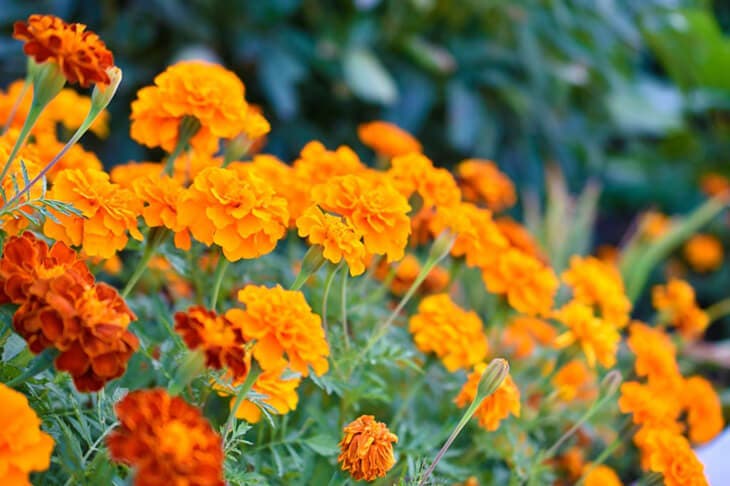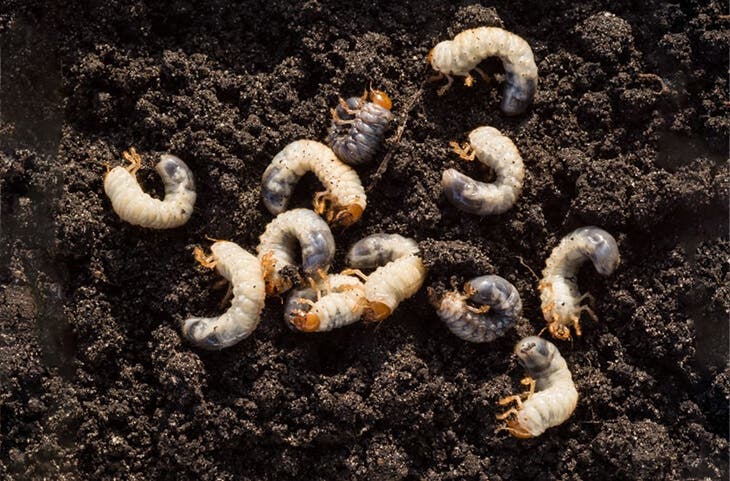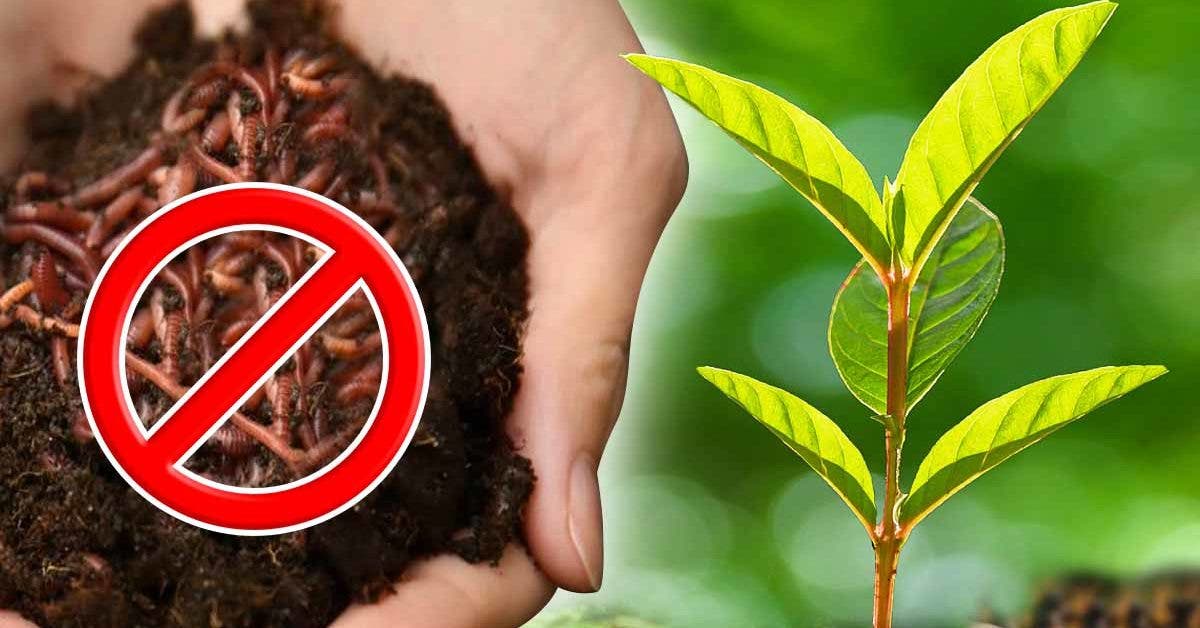This plant is miraculous for the vegetable garden: it hunts all the worms that destroy your harvest
Not all earthworms are beneficial for the vegetable garden. While some allow the soil to be aerated, others are rather harmful to plants, as they feed on their leaves and roots. This is the case of the white worms of the cockchafer. To protect your vegetable garden from these pests, you can grow certain plants known for their repellent action. Find out which plant to grow in the vegetable garden to chase away worms that destroy the harvest.
Some worms are very harmful to plants. This is particularly the case for the white grub of the cockchafer. This one is fond of vegetable plants with fleshy roots or tubers. In the event of an attack, the growth of the plant slows down or even stops completely. The plant then turns yellow and may die. If you inspect an attacked plant, you will notice that the roots and the collar are bitten or cut, especially in the case of young plants.
What plant to grow in the vegetable garden to hunt the worms that destroy the harvest?
Some flowering plants are very useful in the vegetable garden. They make it possible to repel parasites and thus to protect crops from the attacks of certain insects. This is the case of calendula officinalis, also called marigold or garden marigold. This flowering plant is effective in repelling worms, but also aphids, flies, and other insects that constitute a danger to crops. Indeed, its repellent action allows it to defend itself from parasites, but also to defend the plants around it. You can cultivate it to protect your vegetable plants from attacks by worms, in particular the white grubs of the cockchafer. These particularly attack beets, carrots, potatoes and turnips. In addition to repelling white grubs, marigold flowers also have the particularity of attracting butterflies and pollinating insects, essential for the balance of the ecosystem.

Calendula officinalis – Source: spm
Native to southern Europe, marigold is an aromatic flowering plant of the Asteraceae family. This deciduous annual plant is easy to grow. Indeed, it adapts to all soils, even the poorest. The marigold fears frost and prefers a sunny location. It can even withstand the heat, but on condition that the soil remains cool.
The marigold can be planted in October or March, for regions with a mild climate. On the other hand, for regions that are further north, it must be planted from the month of April . The most common technique for planting marigold is sowing. To do this, sow a few seeds directly in the vegetable garden, in the ground, and cover the seedlings with soil. Note that it is important to water the soil regularly, in order to keep it cool. After the seedlings have emerged, remember to remove the fragile plants, in order to keep only the vigorous young shoots. During this operation, be sure to keep an interval of 22 cm between two plants.

White verses – Source: spm
To hunt worms in the vegetable garden, you can use these tips:
-
Flour mustard to eliminate worms
Sand to hunt towards
To prevent the worms from breaking towards the plants, remember to sprinkle on the surface of the soil a fine layer of sand. The laying of worms will thus become more difficult.
To eliminate white grubs that attack your vegetable plants, consider dilute a little mustard flour in water and use this solution to water your plants.
Entomophagous nematodes to fight against worms
Nematodes are worms considered to be garden helpers. They are called entomophagous because they feed on insects. That said, they help fight naturally against caterpillars or beetle larvae present in the soil. To do this, you can water the soil of your vegetable garden with a biological product based on entomophagous nematodes, which you can find in a garden center.
Read also Pour the pasta cooking water over the plants: the brilliant trick that few people know




